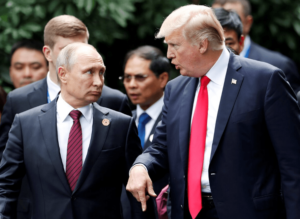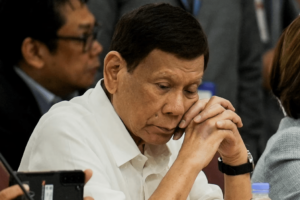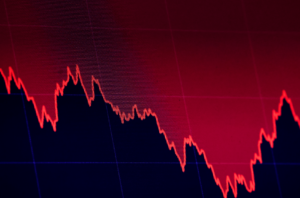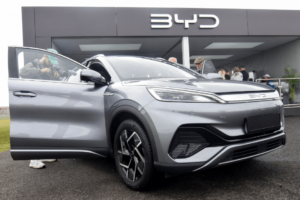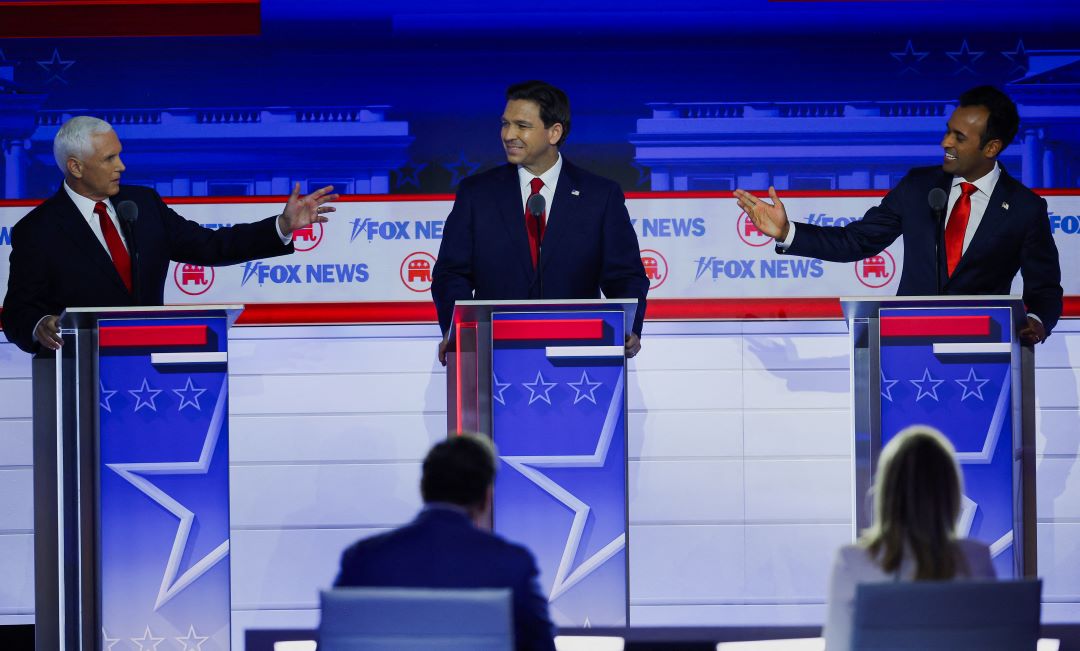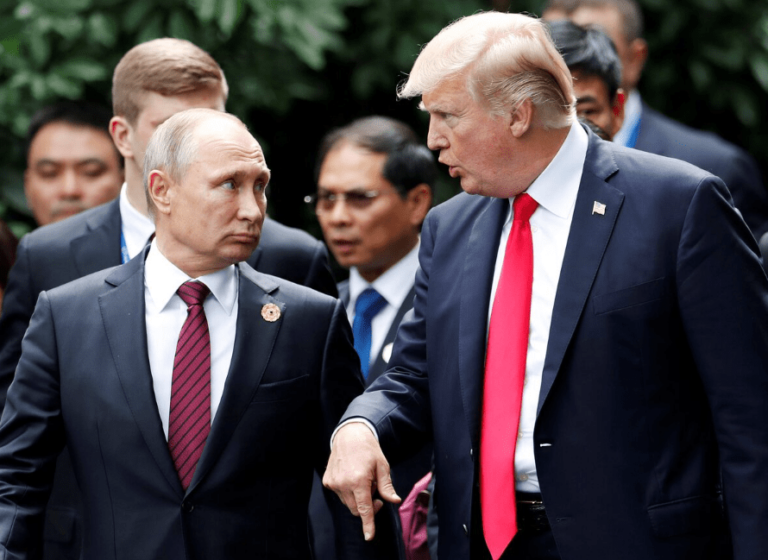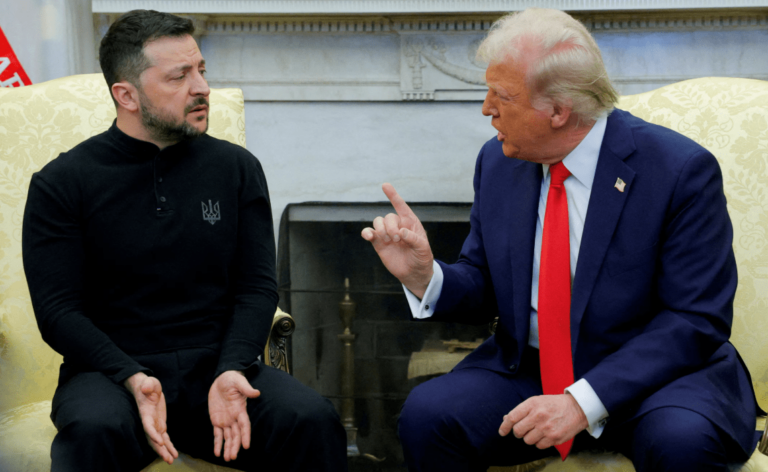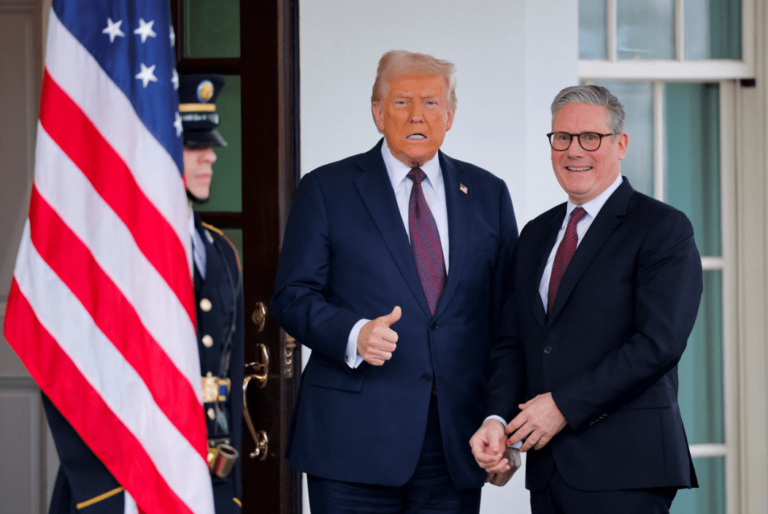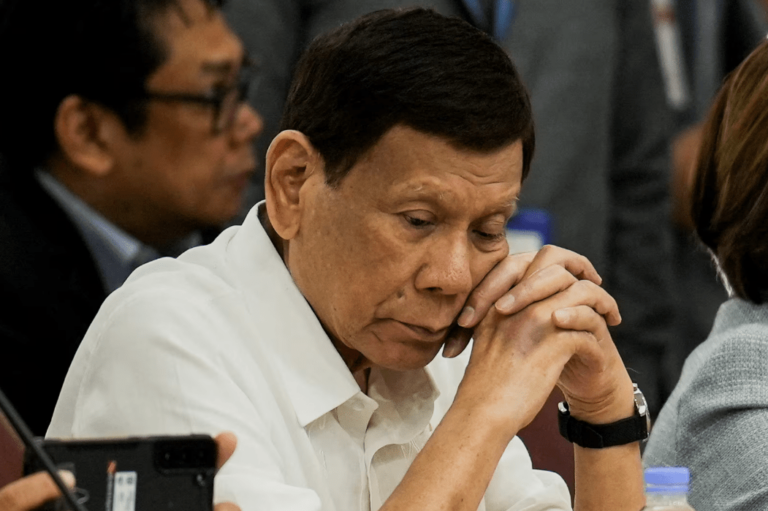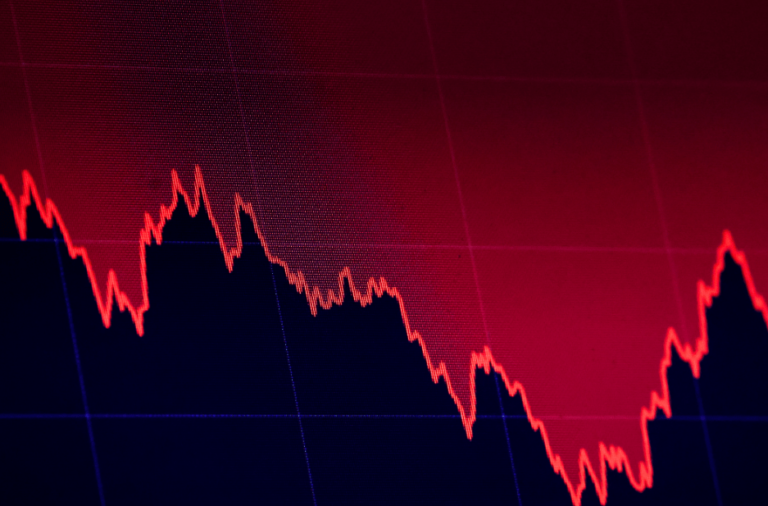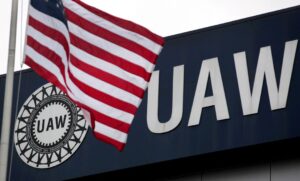As the GOP gears up for its fourth presidential primary debate, the stage will be shared by a narrowed field of candidates. Florida Governor Ron DeSantis, former South Carolina Governor Nikki Haley, entrepreneur Vivek Ramaswamy, and former New Jersey Governor Chris Christie are set to face off in Tuscaloosa. Notably, former President Donald Trump will again be absent, focusing on a fundraiser in Florida backing his candidacy.
This reduced lineup is announced just before the Iowa caucuses, where the Republican nomination race officially commences in six weeks. The competition intensifies between DeSantis and Haley, vying to position themselves as the primary challenger to Trump.
To secure a spot in the Tuscaloosa debate, candidates had to meet stringent criteria outlined by the Republican National Committee (RNC). This included gathering a substantial number of donors and hitting specific polling benchmarks across the nation and early-voting states. Compliance with a pledge to endorse the eventual GOP nominee was also mandatory.
Amid these qualifications, North Dakota Governor Doug Burgum withdrew from the race, criticizing the RNC’s debate requirements as detrimental to grassroots involvement. He highlighted the criteria favoring candidates from influential media markets, neglecting the essence of presidential qualifications.
Asa Hutchinson, the former Arkansas Governor, continues in the GOP race but has yet to qualify for any primary debates following his initial appearance in Milwaukee last August.
Simultaneously, in an effort to underscore the narrative of Trump and MAGA Republicans’ agenda in Alabama, President Joe Biden’s campaign and notable Democrats, including former Alabama Senator Doug Jones, plan a pre-debate news conference. They aim to emphasize the implications of the 2024 election and the ideological stakes involved.
The narrowed field and Trump’s absence spotlight the evolving dynamics within the GOP, setting the stage for a crucial phase in the run-up to the primaries.

